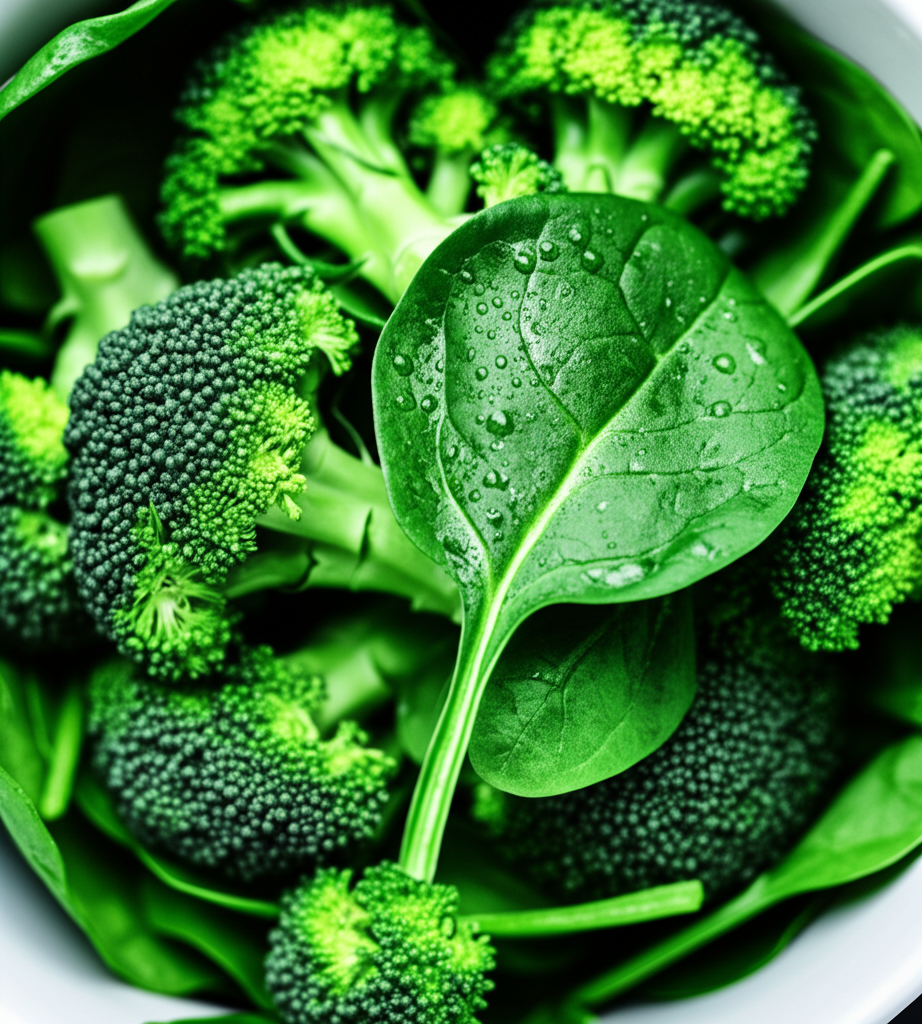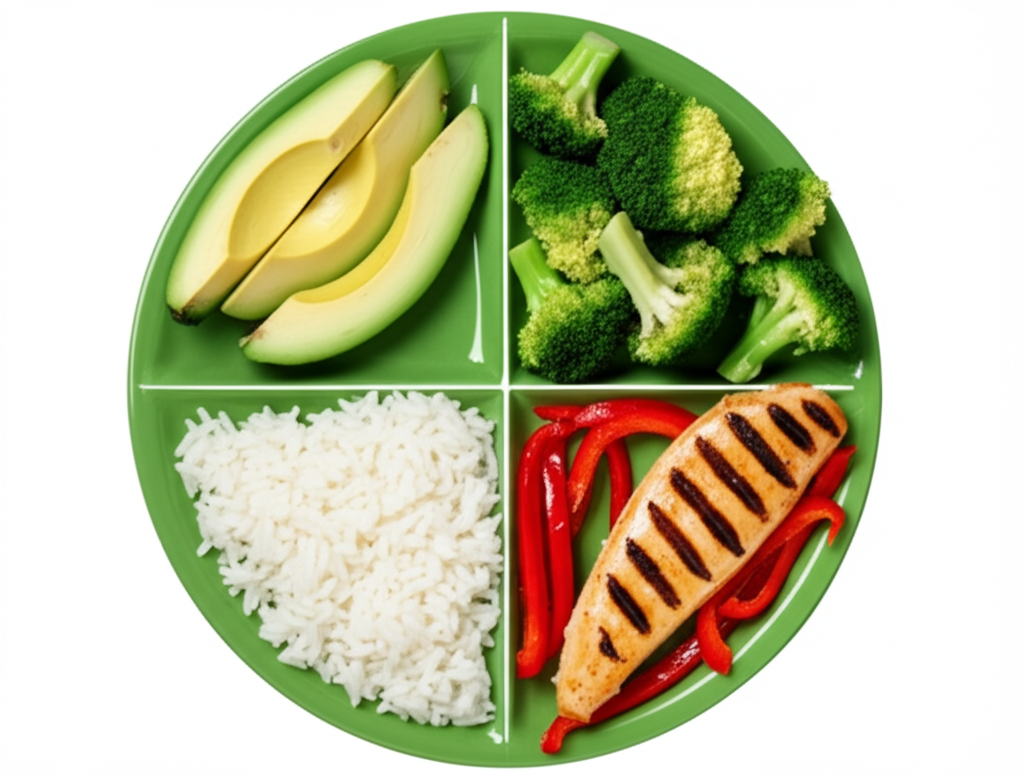The human body relies on several vital organs, with the liver standing out as a crucial one. Positioned on the right side of the abdomen, it is the largest organ after the skin and performs over 500 distinct functions. Notably, the liver plays a key role in converting the thyroid hormone T4 into T3, the active form that provides energy. Liver problems, such as fatty liver disease, can disrupt this conversion, potentially leading to thyroid issues. Ancient Chinese medicine recognized the liver’s link to obesity, highlighting its importance in metabolism and overall health.
Interestingly, the liver possesses a unique regenerative ability. Unlike other organs, it can regrow after a portion is removed, typically taking about two weeks to restore its mass. While the organ’s mass regenerates quickly, its full functionality may take up to six weeks to recover. This regenerative capacity underscores the liver’s critical role in the body.
Sometimes, individuals may experience liver problems, indicated by symptoms such as yellowing of the skin and eyes, abdominal pain and swelling, swelling in the legs and ankles, itchy skin, dark urine, and persistent fatigue. A fatty liver diagnosis means excess fat accumulation around the liver, impairing its function. Hepatitis, an inflammation of the liver caused by a virus, is another concern. Elevated liver enzymes, detected in blood tests, suggest liver cell damage exceeding the body’s repair capacity.

Liver damage, regardless of its origin (hepatitis, fatty liver, or elevated enzymes), is closely linked to oxidation. Oxidation refers to cellular damage, similar to rusting or decay. Antioxidants, like vitamin C, combat oxidation by providing electrons that neutralize damaging free radicals. Consuming antioxidant-rich foods, such as green juices, can support the body’s defense against oxidation.
One common substance, acetaminophen, found in over-the-counter pain relievers like Tylenol and Paracetamol, can pose a significant risk to the liver due to its potential to cause oxidation and liver damage. A study by Dr. Jung and his team in 2016 highlighted the hepatotoxicity of acetaminophen, with excessive use potentially leading to liver failure and the need for a transplant.
N-Acetylcysteine (NAC) is a natural compound found in health stores that shows promise in mitigating liver damage. NAC provides the building blocks for glutathione, the liver’s primary antioxidant. Glutathione is essential for detoxification, neutralizing harmful substances like pesticides and pollutants. Studies suggest that NAC supplementation, typically around 1800 mg per day, can help reverse liver damage, especially when caused by acetaminophen.
Alpha-lipoic acid, another potent antioxidant, has shown potential in repairing liver and kidney cell damage caused by acetaminophen. A study by Dr. Adel and his group in 2008 indicated that alpha-lipoic acid may help protect against liver and kidney damage. This antioxidant is unique because it functions in both water-based and fat-based environments within the cells. The study used 600 mg of alpha-lipoic acid daily to achieve these results.
NAC and alpha-lipoic acid supplementation may offer support for individuals seeking to address liver issues. Remember, these supplements provide antioxidant support to combat liver damage caused by oxidation.



